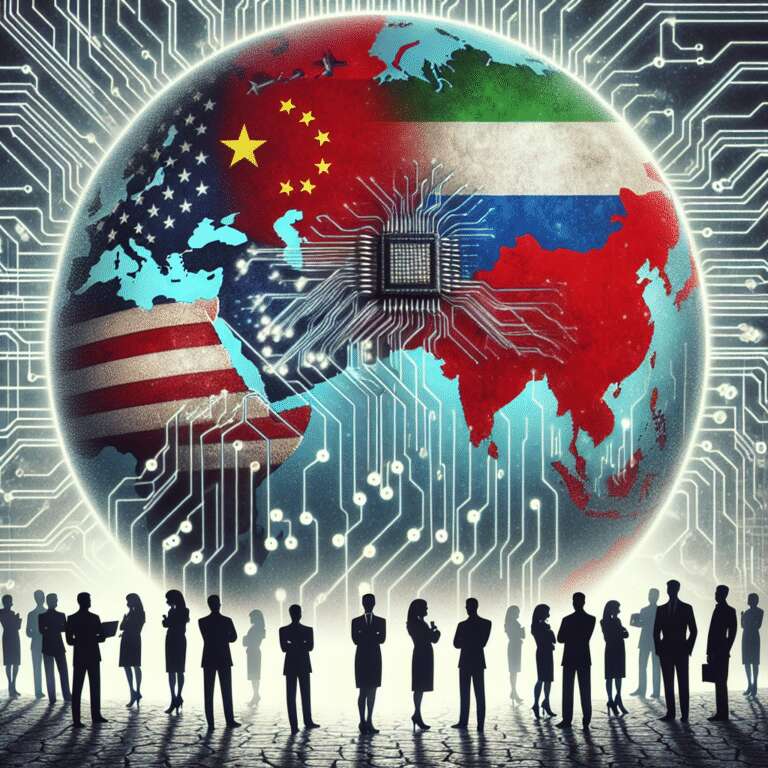The United States government is pushing forward with a comprehensive technology embargo that aims to restrict some countries, specifically China, Russia, and Iran, from accessing advanced technology. Central to these sanctions are semiconductor manufacturing tools and high-end Artificial Intelligence chips crucial for developing cutting-edge technology. Such measures are expected to impact major players in the semiconductor industry, including Nvidia, which relies heavily on the Chinese market for growth.
Companies such as ASML, Tokyo Electron, and Canon are already prohibited from selling sophisticated lithography equipment to Chinese firms. Similarly, Nvidia, Intel, and AMD have had to scale back their operations, pulling advanced products from these markets. This embargo signifies an intensification of the tech battle between Western and Eastern tech ecosystems, highlighting a growing geopolitical divide.
Nvidia could be particularly affected, as the Chinese market plays a crucial role in its revenue structure. CEO Jensen Huang has expressed concerns that these sanctions might push China to invest more in its tech infrastructure, potentially reducing Nvidia’s future growth prospects in Artificial Intelligence hardware. Furthermore, the looming U.S. restrictions could potentially shut down loopholes that Nvidia previously navigated to stay in the Chinese market, such as selling scaled-down versions of its flagship chips.

